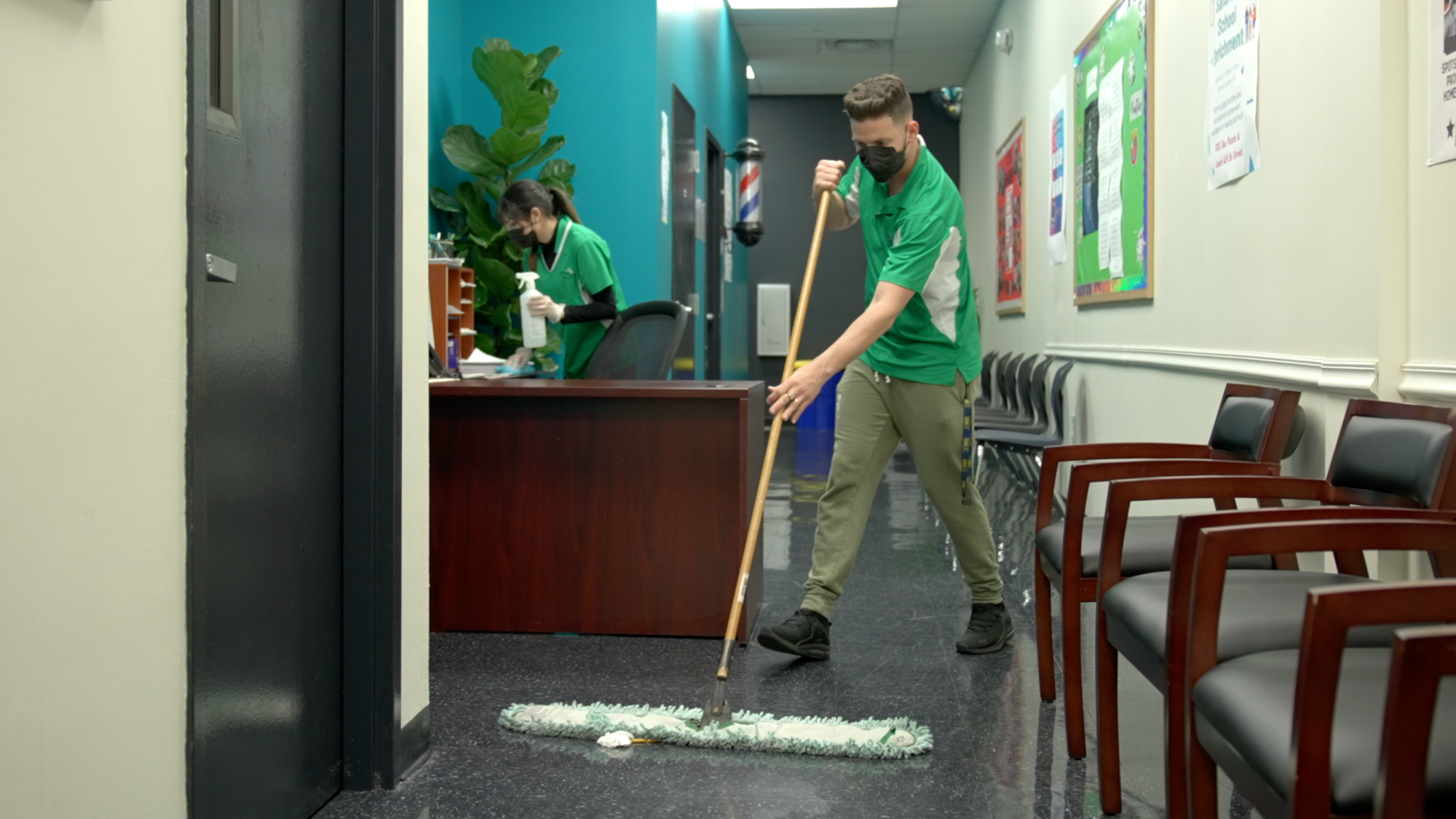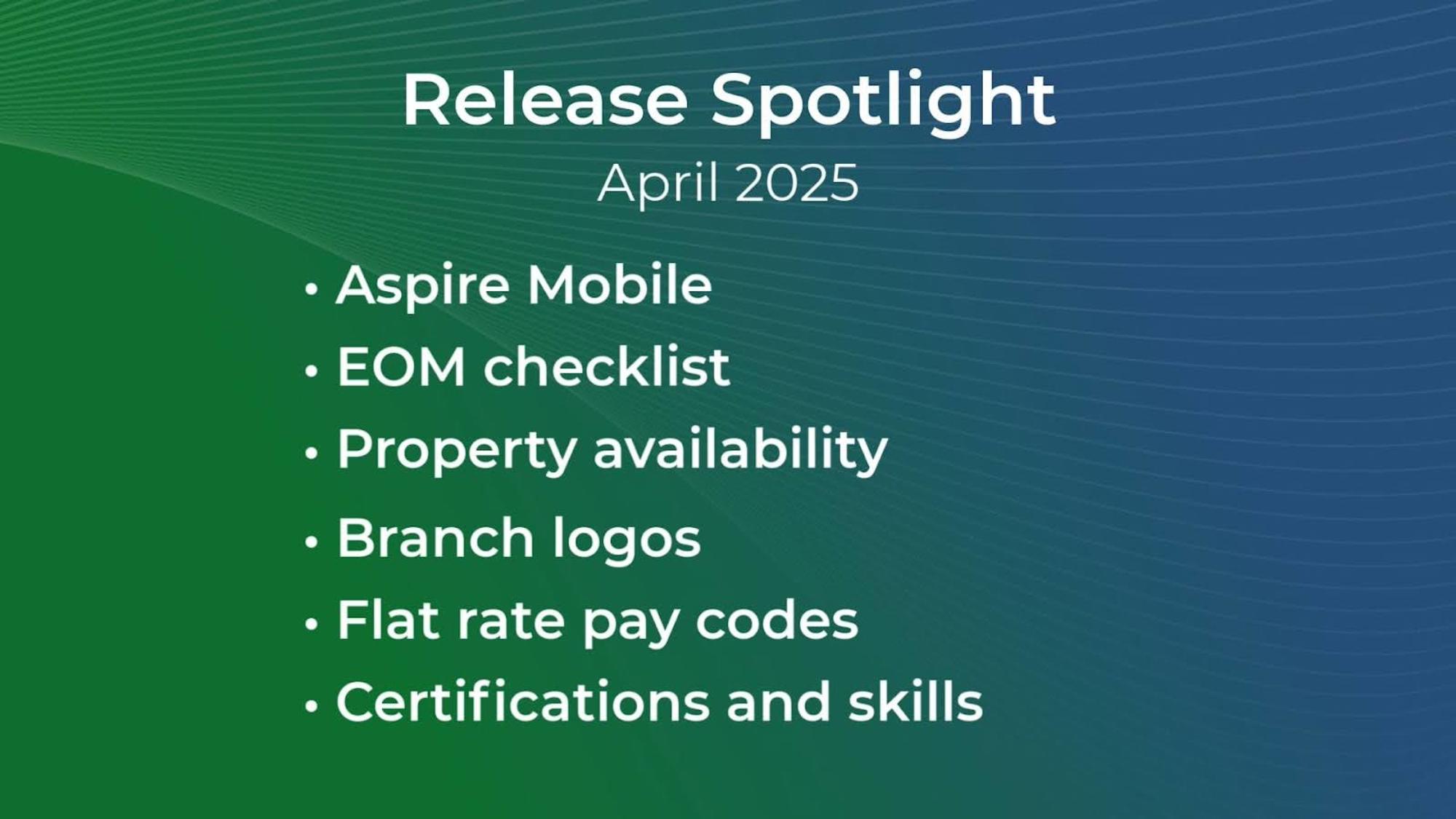Table of Contents
Table of Contents
Effective bookkeeping is vital for cleaning businesses to ensure financial stability and growth.
According to a recent survey, 40% of small business owners consider bookkeeping and taxes the most challenging aspects of their operations.
Cleaning business owners face cash flow problems, missed tax deadlines, and effectively scaling their business due to poor financial management.
This guide will give you a clear and actionable path to mastering bookkeeping and making informed financial decisions.
1. Register Your Cleaning Business
Starting a cleaning business is an amazing opportunity, but you must register to be legal.
Here’s What You Need To Do:
Choose a Business Structure: Sole proprietorship, partnership, LLC, or corporation. Most small business owners start as sole proprietors.
Consider an LLC: An LLC is a good idea to separate your personal and business finances and protect personal liability.
Apply for an EIN: The IRS requires an Employer Identification Number (EIN) for tax purposes and to open a business bank account.
Register with the State: Make sure your cleaning business is registered with your state’s relevant authorities. Each state has different requirements, so check local regulations.
Get Necessary Permits: You may need specific permits or licenses to be legal, depending on your location.
Open a Business Bank Account: Separate your personal and business finances by opening a business bank account.
Stay Compliant: Keep up with state and federal regulations to avoid penalties and keep your business running smoothly.
Registering your business is essential for financial stability and growth.
2. Set Up a Business Bank Account
Opening a business bank account is vital to managing your cleaning business finances. This step keeps your personal and business finances separate.
Steps to Follow:
Open a Business Checking Account: Deposit all cleaning business income into this account and pay all expenses.
Don’t Mix Finances: Don’t charge personal expenses to your business account. Pay yourself a draw for personal expenses.
Prepare Required Documents: When opening an account, bring your social security number or EIN, personal ID, business license, and organizational documents.
Choose a Bank: You can open an account at a local bank, credit union, or online bank. Discuss options and find the best fit for your business.
Use Business Accounts for Tax: Pay your business tax from your bank account to keep records clear.
Track Transactions: Monitor and record all transactions to keep financial statements accurate.
Consider Merchant Accounts: If you accept credit card payments, set up a merchant account to handle these transactions.
Opening a business bank account simplifies bookkeeping and financial management and sets a solid foundation for your cleaning business.
3. Get Organized
Organizing your small business accounting is essential for effective bookkeeping and financial management.
Here's How to Get Started:
Choose Your Bookkeeping Method: Decide between using accounting software or manual bookkeeping. QuickBooks can streamline and automate your bookkeeping process, saving you time.
Set Up a Chart of Accounts: Create a detailed chart of accounts to categorize all your income and expenses. This will help you track where your money comes from and where it goes.
Organize Receipts and Invoices: Keep all receipts and invoices orderly. Consider scanning and storing these documents using digital tools.
Track Business Expenses: Monitor all expenses, including cleaning supplies, business expenses, and utility bills. Accurate tracking helps manage cash flow and prepare for tax season.
Monitor Income: Regularly record all sources of income, including payments from clients and any additional revenue streams.
Schedule Bookkeeping Time: Set aside weekly dedicated time to update your financial records. Consistency is key to staying organized.
Use Templates: Utilize bookkeeping templates for consistency and efficiency. Templates can simplify tasks like tracking expenses and preparing financial statements.
Review Financial Reports: Regularly review your financial reports to gain insights into your business's financial health and make informed decisions.
Staying organized with your bookkeeping ensures you have a clear view of your financial situation and can make strategic business decisions.
4. Track Your Earnings
Accurate income tracking is essential for the financial health of your cleaning business.
Steps to Track Your Income:
Send Invoices Promptly: Send invoices to your clients immediately after services are rendered. Timely invoicing helps with cash flow.
Record Payments Received: Log all payments received in your bookkeeping system, whether through software or manually, to keep records up-to-date and accurate.
Monitor Cash Flow: Review your cash flow regularly to ensure your cleaning business is financially stable. Look at the timing of incoming and outgoing funds.
Track Outstanding Invoices: Keep an eye on unpaid invoices and follow up with clients to get paid on time to minimize cash flow issues.
Account for Tips: Remember to include tips and other additional income in your financial records to build a comprehensive picture of your income.
Separate Income Sources:, Categorize different types of income, such as regular cleaning services, one-off jobs, and additional fees to generate a detailed financial analysis.
Use Software for Efficiency: Use bookkeeping software to automate and streamline the tracking process, reducing errors and saving time.
Review Income Regularly: Review your income regularly to see trends, opportunities, and areas for improvement.
Knowing your income ensures you have an in-depth understanding of your financial situation to make informed business decisions.
5. Mind Your Spending
Keeping an eye on your spending is vital to your cleaning business's financial health.
Here’s How to Manage Your Spend:
Track All Business Spend: Record every expense, from cleaning supplies to employee salaries. This comprehensive tracking helps you manage your finances.
Categorize Your Spend: Categorize your expenses correctly to make tax preparation more manageable and ensure you can claim all eligible deductions and comply with tax laws.
Use Expense Tracking Tools: Tools like Aspire streamline and automate expense tracking. This software simplifies the process and reduces errors.
Leverage the Purchasing Feature: Aspire’s Purchasing feature gives you unparalleled visibility into inventory. It ensures your teams have everything they need and attributes consumables to work tickets for accurate billing.
Monitor Inventory Costs: Monitor inventory costs to avoid overspending. Proper inventory management can have a significant impact on profitability.
Track Recurring Expenses: Keep an eye on recurring expenses like utilities and subscriptions. Review these costs regularly to find savings.
Set Budgets: Set budgets for each expense category to control spending and stay within your means.
Review and Adjust: Review your spending regularly and adjust it as needed. This proactive approach keeps your cash flow healthy.
Tracking and managing your expenses ensures your cleaning business is financially stable and growing.
6. Balance the Books
Regularly balancing your books is critical to financial accuracy and understanding your cleaning business.
Steps to Balance Your Books:
Reconcile Bank Statements: Compare your bank statements with your financial records regularly to ensure all transactions are recorded and accounted for.
Review Financial Reports: Analyze your financial reports to get insight into your business and empower informed decisions.
Investigate Discrepancies: If you find any discrepancies, investigate and correct them immediately. Accurate records are vital for good financial management.
Use Aspire’s Accounting Features: Aspire has tools to keep your financial transactions clean and accurate and streamline payroll processing to reduce errors and save time.
Avoid Syncing Errors: Aspire’s platform integrates with your accounting system and performs one-way data pushes, so there’s no risk of syncing errors.
Centralize Business Data: Aspire holds all your business data while your accounting system manages indirect costs. This separation keeps data integrity.
Push Limited Data: Aspire pushes only necessary data to your accounting system, minimizing errors and keeping financials accurate.
Empower Decision-Making: With confidence in your financial data, you can make timely decisions that benefit your business.
Balancing the books means you are confidently managing your cleaning business. Preparing for taxes is crucial to managing your cleaning business effectively; it’s part of good business management.
Steps to Be Tax Ready:
Know Your Tax Obligations: Understand the tax compliance for cleaning companies, including income tax, sales tax, and any local taxes in your area.
Collect Financial Documents: Throughout the year, collect all financial documents, such as income statements, expense receipts, and bank statements, so you have everything you need when tax time comes around.
Track Tax Deductions: Record all deductible expenses, including cleaning supplies, business expenses, and mileage. Proper tracking maximizes your deductions and minimizes your tax liability.
Use bookkeeping software: Bookkeeping software gathers and stores financial documents, reducing errors and ensuring tax payments are made on time.
Set Aside Money for Taxes: Regularly set aside a portion of your income to cover your tax obligations. So you don’t get stressed when tax time comes around.
File on Time: File your tax returns on time to avoid penalties. Mark important tax dates in your calendar and plan ahead.
Consider a Tax Pro: If taxes get too hard to manage, consider hiring a tax pro. They can advise you and ensure you comply with all tax laws.
Review and Adjust: Regularly review your tax strategy and make adjustments to optimize your tax situation.
By being organized and proactive with your tax preparation, you can avoid last-minute stress and stay compliant.
8. Streamline Your Bookkeeping Process with Software
Using software can streamline your bookkeeping; it’s standardized and efficient.
Key Benefits of Using Software:
Standardized Processes: Aspire’s software ensures that your bookkeeping follows industry best practices, ensuring consistent and accurate financials.
Designed for Growth: Aspire was built to help businesses grow with higher profits. It reinforces processes that drive efficiency and effectiveness.
More Efficient: With Aspire, your business can focus on activities that make the most impact, thanks to increased efficiency and streamlined workflows.
Flexible and Customizable: Aspire’s customizability means it can adapt to your business needs even if you already have processes that work.
End-to-End Functionality: Aspire is a comprehensive business management system, so you don’t need multiple disconnected solutions.
Easy to Use: With Aspire, your team can focus on one software package, be more productive, and make better decisions.
Data Connectivity: Aspire connects all your business data to inform your decisions and boost overall performance.
Focus on Impact: Aspire simplifies bookkeeping, allowing you and your team to focus on activities that drive growth and profit.
Using software like Aspire saves time, increases accuracy, and supports business growth.
What Are the Most Common Bookkeeping Mistakes to Avoid?
Avoiding small business bookkeeping mistakes is key to the financial health of your cleaning business. Here are the most common mistakes and how to avoid them:
Mixing Personal and Business Finances: Mixing personal and business finances complicates bookkeeping and can lead to tax issues. Keep them separate by using business accounts.
Not Tracking Small Expenses: Small expenses add up and can impact your financials. Record every expense, no matter how small, to keep accurate records.
Not Being Consistent with Bookkeeping: Inconsistent bookkeeping means gaps in your financial data. Update your records regularly to be accurate and make informed decisions.
Not Reconciling Bank Statements: Not reconciling your bank statements with your financial records can lead to discrepancies. Reconcile regularly to identify and fix errors.
Not Categorizing Expenses Correctly: Misclassifying expenses can affect your financial reports and tax returns. Categorize expenses correctly to understand your business’s financial position.
Not Reviewing Financial Reports: Not reviewing financial reports can mean missed opportunities and potential financial problems. Review your reports regularly to stay on top of your business.
By avoiding these mistakes, your bookkeeping will be accurate and reliable to support your small cleaning business's growth and stability.
Tips for Better Bookkeeping
Good bookkeeping practices can significantly impact your cleaning business’s financial management. Here are some must-dos to keep your records accurate and efficient:
Automate Repetitive Tasks with Aspire: Use bookkeeping software to automate invoicing, expense tracking, and report generation to save time and reduce errors.
Schedule Time for Bookkeeping: Set aside a regular weekly time to update and review your financial records. Consistency is critical to accuracy and staying on top of your finances.
Back-Up Your Data: Protect your financial information by backing it up regularly. Use secure storage solutions to prevent data loss due to technical issues or unexpected events.
Use Cloud-Based Solutions for Easy Access: Cloud-based bookkeeping solutions allow you to access your financial data from anywhere, making it easier to manage your business on the go and collaborate with your team.
Categories Expenses Correctly: Ensure all expenses are categorized correctly so you have a clear picture of your financial position. Categorization will also simplify tax returns and help you identify cost savings.
Get Professional Help When Needed: If you have complex financial issues, don’t hesitate to consult a CPA or bookkeeping professional for help with your tax filing. Expert advice can help you avoid costly mistakes, as they are more adept at tax regulations.
Doing this will improve your bookkeeping accuracy and efficiency, make informed financial decisions, and grow your cleaning business.
The Bottom Line
Bookkeeping means registering your business, setting up a business bank account, tracking income, managing expenses, balancing your books, and being tax-ready.
Being on top of your finances results in smoother operations, better cash flow, and better decision-making.
Try Aspire to simplify your cleaning business’s bookkeeping and financial management.
Book a free demo with Aspire today.










